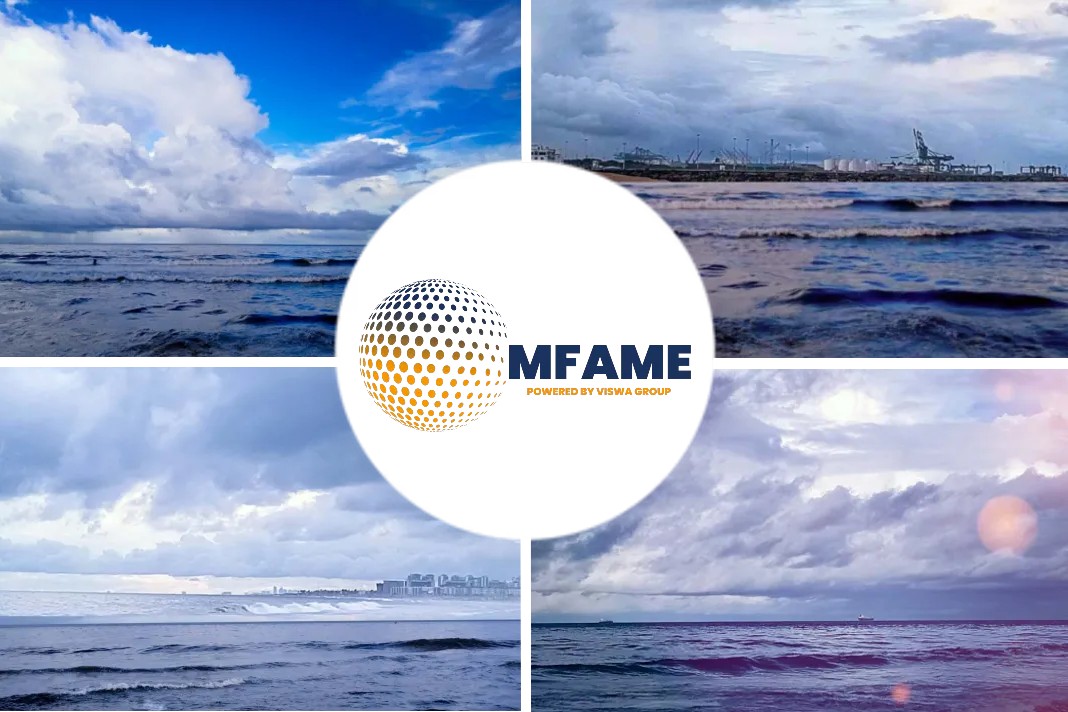The global economy arguably has no better early-warning system than Singapore.
Its highly open economy is on the front lines of zigs and zags of high-tech export sectors that are susceptible to sudden demand shifts. And at the moment, this microcosm of global growth patterns is signaling trouble ahead, says an article published in Forbes.
Zero covid
On Wednesday, government officials warned Singapore’s output will be expanding at the lower end of its 3% to 5% range. The Ministry of Trade & Industry didn’t specify a particular nation in saying the external demand outlook “has weakened compared to three months ago.”
But China is written between the lines. So is the inflationary fallout from Vladimir Putin’s invasion of Ukraine. These two giant headwinds have the International Institute of Finance warning investors not to downplay “elevated global recession risk” that’s intensifying by the day.
Beijing’s “zero Covid” absolutism is slamming Asia’s biggest economy. China has never missed an annual growth target. Yet President Xi Jinping’s hopes of growing 5.5% this year are dwindling. Capital Economics predicts China might grow 2%.
Even if Xi’s government tries to prettify gross domestic product data, the feedback effects will be felt far and wide in Asia. Starting with Singapore, which is also taking hits from disruptions emanating from the war in Ukraine and supply-chain turmoil due to Covid-19.
“The downside risks in the global economy remain significant,” says Gabriel Lim, permanent secretary at Singapore’s Ministry of Trade & Industry. Global headwinds, he notes, are likely to “dampen GDP growth in some external economies by more than we have previously projected.”
Perfect ström
Russian leader Putin, meantime, is facing accusations of holding hostage developing nations that rely on grain from the war zone he created. European Commission President Ursula von der Leyen argues Russia is hoarding its own food exports as a form of “blackmail.” The Kremlin, she says, is “using hunger and grain to wield power.”
Hence the market chaos as energy and food prices skyrocket. The United Nations isn’t exaggerating when it warns that a “perfect storm” of risk is setting back development in Asia. The UN may be understating the threat when one looks at how quickly Sri Lanka is imploding.
The real worry is that economists don’t know what they don’t know about Putin’s strategy, his state of mind, or both. “Risks to growth and flows are to the downside should the war in Ukraine escalate,” warns IIF economist Sergi Lanau.
China presents its own economic riddle. There’s chatter about Xi’s inner circle questioning what, oh what, Xi is thinking in expanding growth-killing Covid lockdowns. This approach largely worked in 2020. But China’s weak vaccine offerings and wildly transmissible Covid strains make it obsolete.
Toss in recent tightening moves by the Federal Reserve, and the specter of more to come, and that storm is becoming more perfect and more virulent.
As such, Lanau says, “we are cutting China’s 2022 growth from 5.1% to 3.5%, given strict Omicron lockdowns that are likely to make GDP fall in the second quarter.” And “given the sharp tightening in U.S. financial conditions,” he adds, “we are also downgrading U.S. and emerging market growth, which means that, overall, we expect global GDP to essentially flatline this year once adjusted for the statistical carryover.”
While “much of the negative drag obviously comes from Russia and Ukraine,” the “weakness is broad-based and leaves little margin for error. Global recession risk is elevated. In this context, we expect non-resident flows to emerging markets to slow significantly.”
This is how economies lose a decade, or more, of progress in reducing poverty. It’s how visions of middle-income status pivot toward avoiding social instability. It’s how developed powers like Japan suddenly lose control of a sliding currency and imported inflation risks.
Shanghai stocks
And it’s how 2022 became Xi’s year from hell. This was supposed to be the Chinese leader’s best moment, when he secures a norm-breaking third term as Communist Party leader. But Xi managed to unleash his own perfect storm at home.
Xi’s Hong Kong clampdown was followed by one targeting Big Tech in the mainland, starting with Alibaba Group founder Jack Ma in late 2020. Shanghai stocks tumbled as a result. Making matters worse, falling retail sales in China and fresh supply-chain stumbles thanks to “zero Covid” are clouding the corporate profit outlook even further.
While “much of the negative drag obviously comes from Russia and Ukraine,” the “weakness is broad-based and leaves little margin for error. Global recession risk is elevated. In this context, we expect non-resident flows to emerging markets to slow significantly.”
This is how economies lose a decade, or more, of progress in reducing poverty. It’s how visions of middle-income status pivot toward avoiding social instability. It’s how developed powers like Japan suddenly lose control of a sliding currency and imported inflation risks.
And it’s how 2022 became Xi’s year from hell. This was supposed to be the Chinese leader’s best moment, when he secures a norm-breaking third term as Communist Party leader. But Xi managed to unleash his own perfect storm at home.
Xi’s Hong Kong clampdown was followed by one targeting Big Tech in the mainland, starting with Alibaba Group founder Jack Ma in late 2020. Shanghai stocks tumbled as a result. Making matters worse, falling retail sales in China and fresh supply-chain stumbles thanks to “zero Covid” are clouding the corporate profit outlook even further.
Did you subscribe to our daily newsletter?
It’s Free! Click here to Subscribe!
Source: Forbes






















